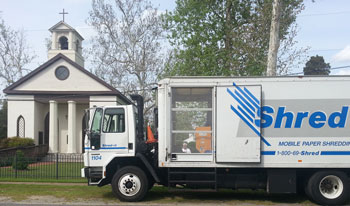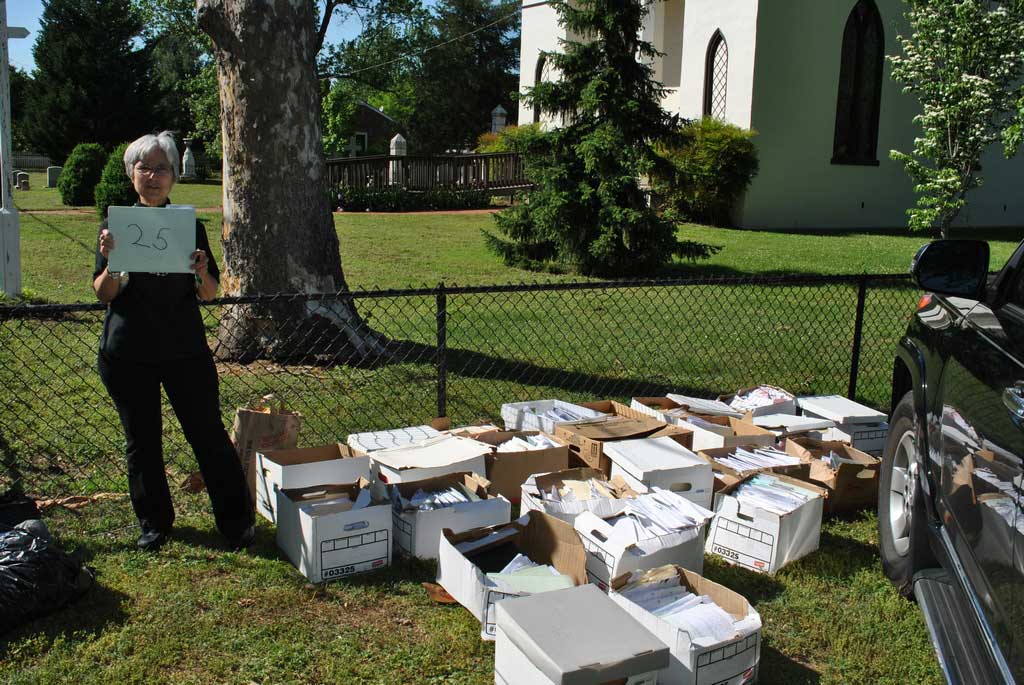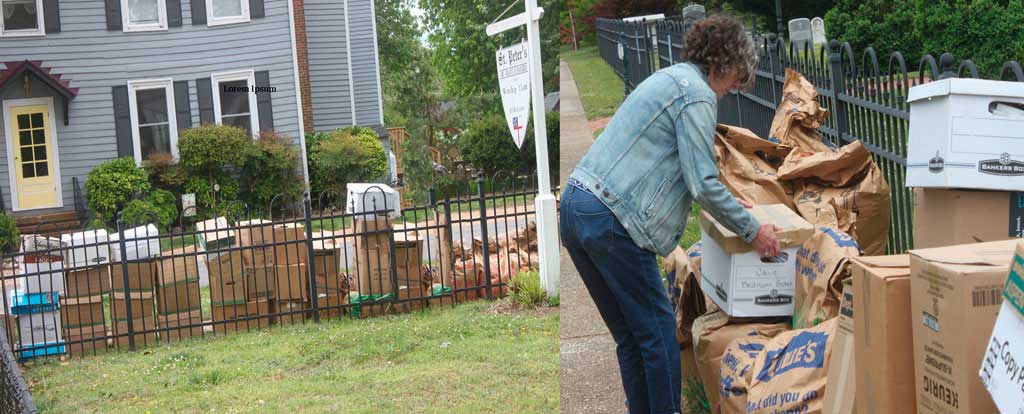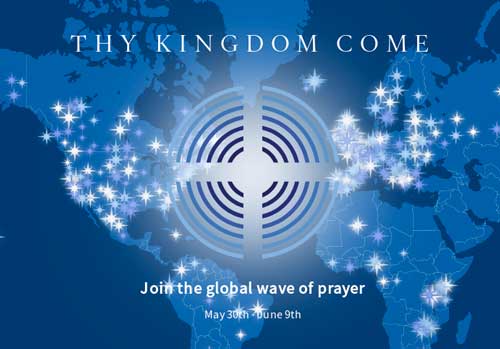I.Theme – The Stewardship of Abundance
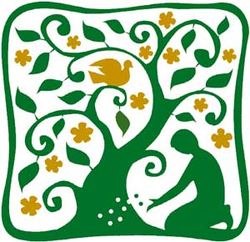
"The Mustard Seed"
First Reading – Deuteronomy 11:10-15
Psalm – Psalm 147
Epistle –Romans 8:18-25
Gospel – Mark 4:26-32
The readings this week are for Rogation One and not Easter 6! . This is an option in the BCP. There is Rogation Sunday which is celebrated on Easter 6 and then 3 days afterward in the week of Ascension. Rogation Monday is for fruitful seasons, Rogation Tuesday for commerce and industry and Rogation Wednesday for the stewardship of creation. We look at the Monday readings.
The Collect provides the overall ecological feeling to the readings. God is the source of fruitful seasons, the source of abundance and we must be “faithful stewards of your good gift.” As stewards we provide all our knowledge resources, time, talent and funds and use them in service to take care of what belongs to God.
We are the managers but as our first reading in Deuteronomy states God is watching this management . “The eyes of the Lord your God are always on it, from the beginning of the year to the end of the year”. We must heed his commandments and God will provide – rain, grass for the fields and as a result “you will eat your fill” As the Psalm maintains God is in control of both the weather – weather – rain, hail, frost, snow, wind – which can determine your abundance but also the end product – “satisfying with the finest of wheat.”
Background – Israel was called a land of barley and wheat (Deuteronomy 8:7-8). The spring wheat and barley harvest preceded the major harvest in the fall, the Feast of Ingathering (Exodus 23:16, 34:22). Both the spring and the fall harvest were dependent upon the rains coming at the right time. The fall rains are called the early rain. The spring rains are called the latter rain. The early rain is spoken of in Deuteronomy 11:10-15, and Joel 2:23. The rain is prophetic of the outpouring of the Holy Spirit upon people’s lives individually as they accept Jesus into their lives and allow the Holy Spirit to teach and instruct them concerning the ways of God. The early rain and the latter rain also teach us about the pouring out of God’s Holy Spirit in a corporate way upon all flesh. The early rain refers to the outpouring of the Holy Spirit during Christ’s first coming and the latter rain refers to the outpouring of the Holy Spirit during Christ’s second coming.
Psalm 147:12-20 sings of God’s work in creation as well as God’s work of protection and safety for the people. God is the one who has given ordinances and statutes to Israel, and to them, God relates to them in a special way, unique, unlike any other people. Those who know God’s ways know the assurance of God’s presence.
Psalm 147 is a praise psalm and broadens the work of God. It sings the praises of God who binds up the brokenhearted, gathers the outcasts, and brings in the marginalized. God cares for all of creation and provides for all the creatures, and God cares for all of the people. God is not impressed with feats of strength or greatness, but rather humility and awe of God.
The Gospel is the parable of the mustard seed, the “smallest of all the seeds on earth” which yet becomes “the greatest of all shrubs”. This allows us to find additional meanings.
When we open ourselves to God’s possibilities, it is often the tiniest change that opens up a new trajectory, weak at first, but then growing stronger, until it overcomes resistance, obstacles, habitual behavior. The mustard seed metaphor stands on its own, but there are so many more organic images that reinforce the point—such as the Mississippi River, which starts as a stream in northern Minnesota small enough to step over and becomes progressively wider, until it spreads through the Louisiana delta to the Gulf of Mexico. Wherever we are in journey, God is always ready to gurgle up from underground, to plant a small seed, to open us to more than we can imagine.
God does allow us to grow on this earth, interacting with this world, and does not pull us out of danger or harm, or shield us from mistakes. But the kingdom or reign of God is built and created out of all of us. We do not know how each of us will grow, but we know we grow based on our experiences here on earth, and grow beyond our earthly experience. How we grow, and grow together, helps determine how and when we will be harvested, gathered together with God
The Romans reading provides a dose of reality into our growing from seeds into bushes when we face difficult life situations.
In other words, there is a parallel experience going on between creation and the children of God. There is the ultimate plan of freedom alongside the distressful life experiences.
As Christians we are caught in the frailty of our human bodies. They have not experienced redemption even though our souls have. Our real potential is hidden behind the weakness of our human bodies
We inherently know and long for the full realization of all of God’s promises. There is a pattern very clearly set in verses 19-25
Note this pattern:
Romans 8:19-22 – Creation suffers and waits glorification-> God’s children suffers and waits glorication
Romans 8:23-25 – Jesus suffered and was glorified -> God’s children suffer and will be glorified
Paul is addressing God’s children living on the edge of two worlds, one group of people are caught in the web of sin and death and the other have stepped into life and light ( Romans 5). Christians, however, like those bound in darkness are still suffering even though they have escaped the curse of sin through justification. Perhaps Paul sensed the impending persecution against Christians. In any case, the Roman Christians greatly suffered and needed a theology to take them through.
Trials are to be expected. Suffering is part of this life. We are to keep our faith and even strengthen our trust in Him during times of trials for God will create a greater good out of it.
The creation itself also will be set free from its slavery to corruption into the freedom of the glory of the children of God" and
"But also we ourselves, having the first fruits of the Spirit, even we ourselves groan within ourselves, waiting eagerly for our adoption as sons, the redemption of our body."









